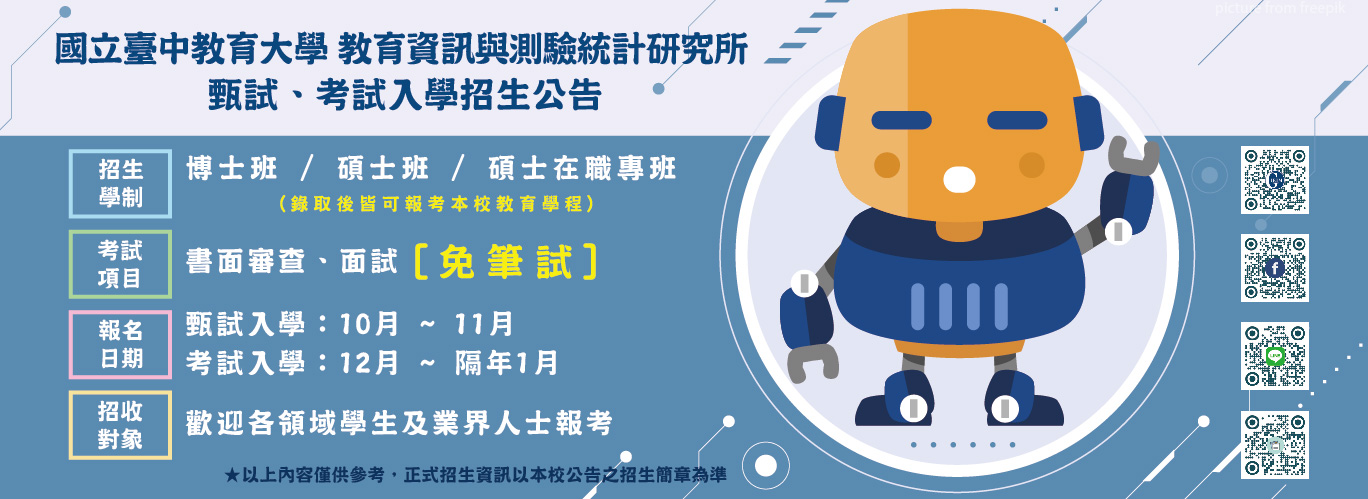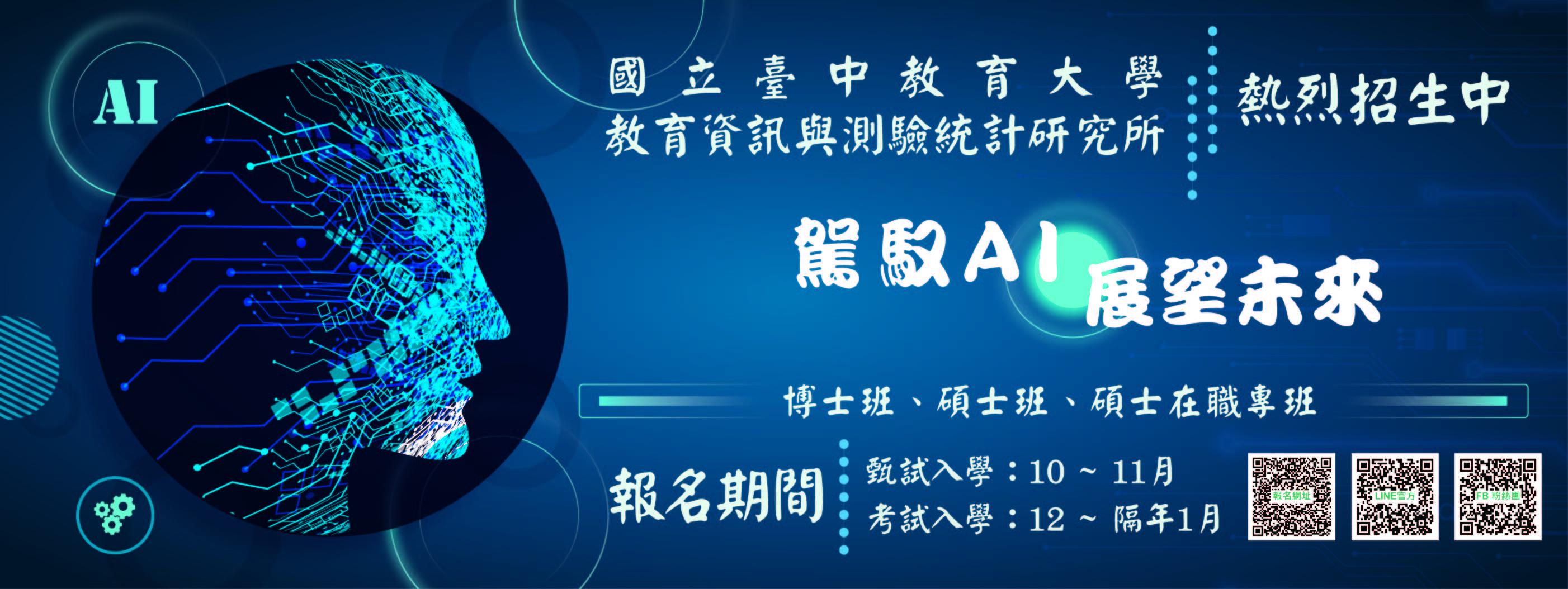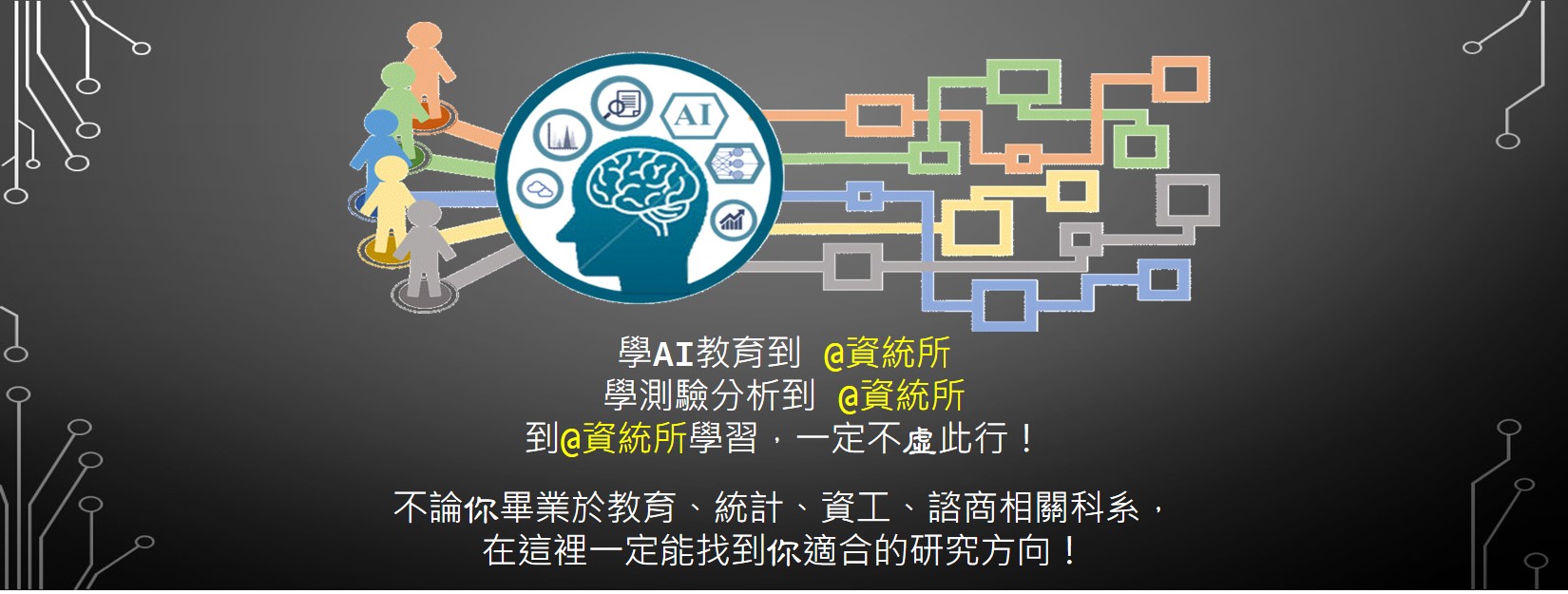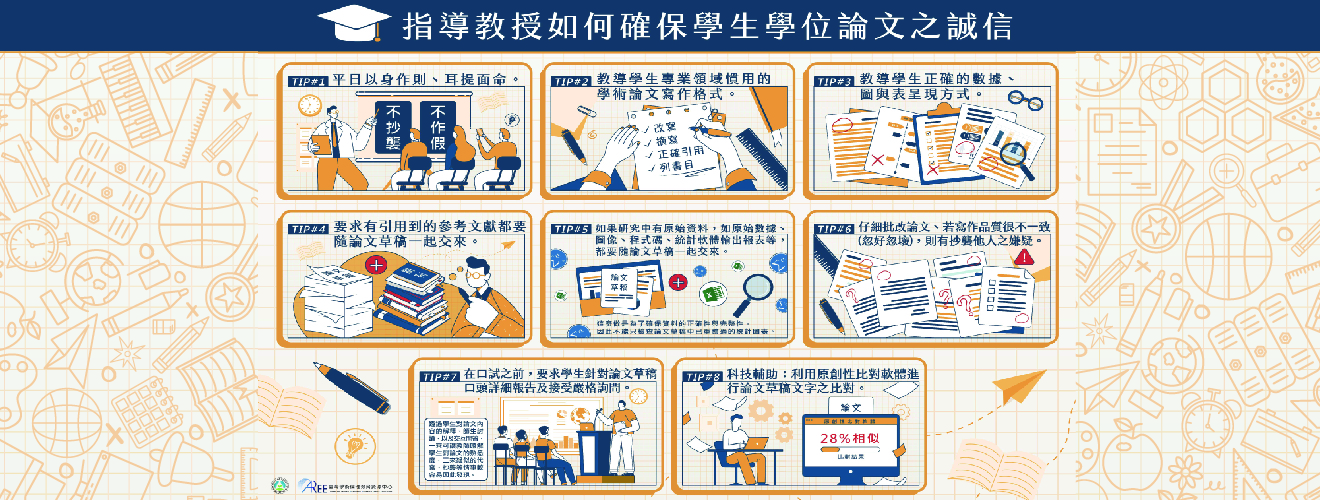歡迎對Sustainable Intelligent Education Programs踴躍投稿喔!
截稿日期:15 December 2022.
Sustainability
Scopus, SCIE and SSCI; Impact Factor: 3.251 (2020) ; 5-Year Impact Factor: 3.473 (2020)
Today, AI is bringing rapid change in every aspect of our lives and, according to “AI in Education: Change at the Speed of Learning” of the UNESCO Institute for Information Technologies in Education (Duggan and Corporation, 2020), the application of AI in education helps to advance the Sustainable Development Goals (SDG), in particular SDG 4 which enshrines the need to “Ensure inclusive and equitable quality education and promote lifelong learning opportunities for all”. AI in education can highly impact four key stakeholders, namely students, educators, school leaders, and curriculum designers, through machine learning techniques such as supervised learning, unsupervised learning, and reinforcement learning. Based on previous perspectives, this Special Issue aims to use or develop machine learning algorithms for the four key stakeholders. We want to invite your submissions to this Special Issue on “Sustainable Intelligent Education Programs” to share your most recent research, developments, and implementations such as learning behaviors, personalized learning paths, dropout alarms, curriculum design suggestions, rural and urban differentials, and so on.
According to SDG 5 which concerns gender equality and women's empowerment, it is expected that there will be more studies concerning the learning situation and performance of men and women with sustainable intelligent education programs or systems. Therefore, this Special Issue is also interested in research exploring women’s and men’s learning effectiveness in terms of AI-related educational technologies in different learning stages including primary, secondary, higher and life-long adult education or workshops for older adults. Moreover, this Special Issue welcomes research probing into women and men who use AI programs or systems to enhance their learning in one discipline or across-disciplines, including formal and informal learning. To fulfill life-long learning, scholars who are developing sustainable intelligent education programs or sustainable AI-learning tools for cross-age learners are encouraged to submit research articles to this Special Issue, including those studies evaluating the learning performance or attitudes when people learn with the developed programs.
Manuscript Submission Information
Manuscripts should be submitted online at www.mdpi.com by registering and logging in to this website. Once you are registered, click here to go to the submission form. Manuscripts can be submitted until the deadline. All submissions that pass pre-check are peer-reviewed. Accepted papers will be published continuously in the journal (as soon as accepted) and will be listed together on the special issue website. Research articles, review articles as well as short communications are invited. For planned papers, a title and short abstract (about 100 words) can be sent to the Editorial Office for announcement on this website.
Submitted manuscripts should not have been published previously, nor be under consideration for publication elsewhere (except conference proceedings papers). All manuscripts are thoroughly refereed through a single-blind peer-review process. A guide for authors and other relevant information for submission of manuscripts is available on the Instructions for Authors page. Sustainability is an international peer-reviewed open access semimonthly journal published by MDPI.
Please visit the Instructions for Authors page before submitting a manuscript. The Article Processing Charge (APC) for publication in this open access journal is 2000 CHF (Swiss Francs). Submitted papers should be well formatted and use good English. Authors may use MDPI's English editing service prior to publication or during author revisions.
Keywords
- AI in education
- instructional tools or programs for people to learn AI application
- technology-assisted learning
- intelligent tutoring system
- teaching material recommendation system
- learning platform log file analysis
- learning analysis technology
- affective AI in education






